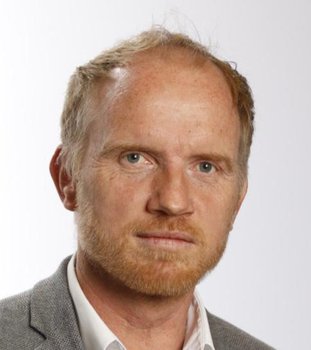Title
Deciding in Motion
Living in a dynamic world, we are continuously in motion, avoiding obstacles, selecting and acting upon objects of interest. How do we perform such complex tasks? Experiments under simplified laboratory conditions, with the body immobilized, indicate that our behavioral repertoire is controlled by dynamic sensory and motor feedback modulated by context and shaped by past experience. But will the observed principles and mechanisms also apply to more complex real-life conditions? Outside the laboratory, in the real world, multiple sensory and motor systems must be used in synergy in order to decide and act upon many possible and unpredictable events, in many alternative ways and in a dynamic setting. Making the best decision is a complex process. In my talk, I will outline the modeling, behavioral and physiological approaches we took to understand how healthy participants and patients enable the flexible control of perception and action in the real world.
Biography
Pieter Medendorp holds a MSc degree in Physics. He obtained a PhD in Neuroscience at the Radboud University Nijmegen in 2001. From 2001 to 2003, he worked as a postdoc at the Group for Action and Perception, Toronto, Canada, funded by a fellowship from the Human Frontier Science Program. In 2003, he became as assistant professor in Nijmegen, where he was awarded a Dutch Vidi grant to set up the sensorimotor lab at the Donders Institute for Brain, Cognition and Behaviour. In 2005 he received a Career Development Award from the Human Frontier Science Program. In 2007 he became associate professor (UHD, in Dutch), and in 2011 he was promoted full professor (chair: Sensorimotor Neuroscience). His research interests concern the relationship between brain and behavior, in particular the neurocomputational coupling between perception and action. In 2011 he received an ERC consolidator grant and a VICI grant from NWO, and became the director of the Donders Centre for Cognition. In 2012, he was one of three receivers of the Radboud Science Award. He is a board member of the Neural Control of Movement society, and is a member of The Dana Alliance for Brain Initiatives. He is also a member of the editorial board of the Journal of Neurophysiology and serves as a review editor of the Journal of Neuroscience.
